-

The rejected vanity plates of Massachusetts, Montana, and New Jersey
Starting last month, Muckrock launched its Vanity Plate Rejection Project by putting out FOIA requests on rejected vanity license plate applications to DMVs across the country. Several agencies have since responded with long lists of all the weird, embarrassing, confusing, and perverted things people have actually tried—and failed—to display on their cars. Hopefully these selections will give you pause the next time you consider having anything but random letters and numbers stamped on your license plate.
-

UPDATED: Stretch Goals Added To Beacon Reader Project
Update: You may have heard that the Supreme Court unanimously ruled yesterday that cell phones of arrested suspects can’t be searched without a warrant. We’re still working through the ruling, but it makes this project more timely than ever.
-

FBI files offer view into sick world of Hunter Moore’s IsAnyoneUp
Hunter Moore, founder of now-defunct revenge porn isanyoneup.com, claimed that all he did was post pictures people sent in.
An FBI file detailing an federal investigation into the site appears to tell a different story.
-
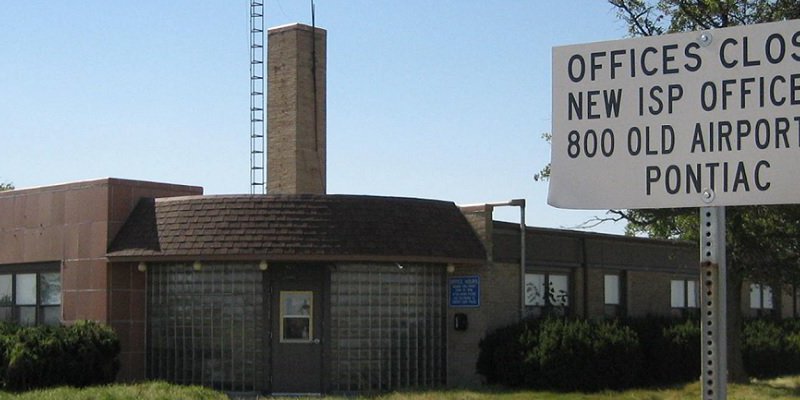
Illinois State Police purchased StingRay in 2008 for $250k
We’re down to five days left in our “The Spy in Your Pocket” crowdfunding campaign! Last week, the Illinois State Police released documents surrounding its 2008 purchase of a StingRay cell phone tracker.
-

FBI snuck agents into tapings of “The David Frost Show” to determine how subversive it was
Spurred by an invitation for then-director J. Edgar Hoover to appear on the show, the FBI’s surprisingly comprehensive file on journalist David Frost and his eponymous talk show is a master’s class in sixties establishment paranoia.
-

Boston police insist they have no guidelines on cell phone data
With a little over ten days left to go in “The Spy in Your Pocket” crowdfunding campaign, here’s a case study in just how little information one department claims to have on its cell phone surveillance practices … and how little it is willing to release.
-

Want records out of the NSA? You’d better act fast
Last month the NSA released documents regarding their records management practices. While these documents reveal a wealth of information for persons who submit FOIA requests, they also call into question our ability to effectively oversee the NSA’s activities when their records keeping cycles are, in many circumstances, notably short.
-

The FBI’s “totes presh” guide to internet slang
In a request for the FBI’s guide to “l33t” speak, the Bureau released an 83-page guide to Twitter and other social media acronyms to help “in your work or for keeping up with your children/grandchildren.”
-
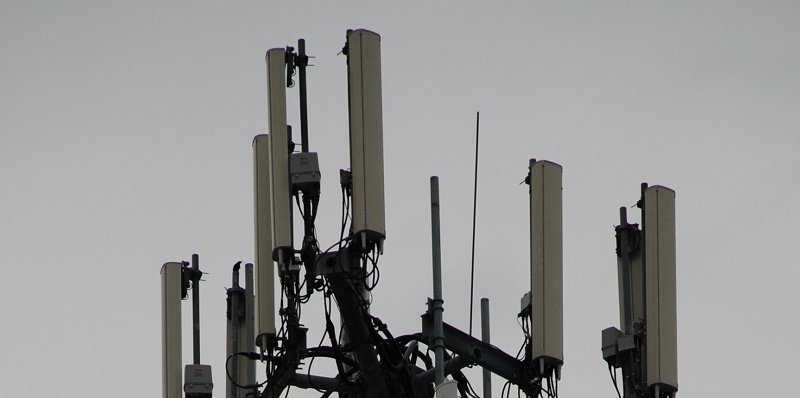
Help FOIA how police across the country are tracking cell phones
It’s clear that local police use advanced cell phone tracking — finding out where you are, who you are with, who you’re talking to — a lot more than we know. Now, with a crowdsourced project to file targeted records requests across America, you can help fix that, in as little as 30 seconds.
-

Fearing “embarrassment,” the FBI advised agents against interviewing Susan Sontag
An FBI memo dated August 13, 1968 regarding Susan Sontag ended with the determination that “her activities do not warrant further investigation. By December 4 of the same year, the Bureau was calling for a full report in two weeks. “Give this immediate attention,” Hoover wrote to the New York office. Why had Hoover instructed New York to reopen their file on Sontag?
-
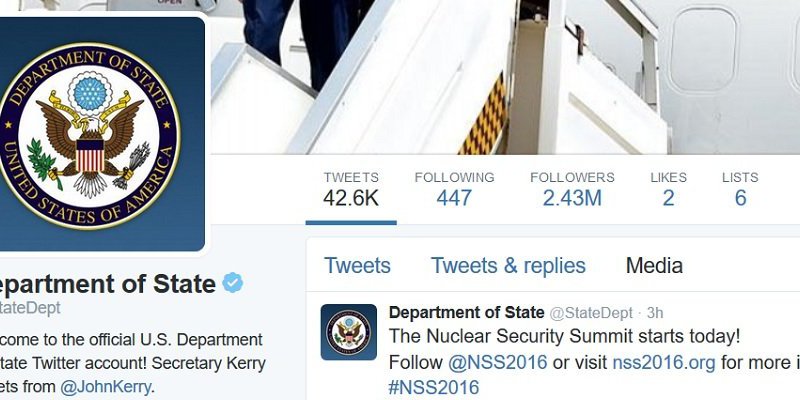
State Department’s social media policy seeks to harness twitter
According to the U.S. State Department, Twitter users, Facebookers and Instagrammers are officially a source of information. The State Department’s Digital Media Strategy, created in 2010, says “people with significant online followings are essentially broadcasters today.”
-

MuckRock needs volunteers
MuckRock is run by a small but dedicated staff, but with a lot of support from our equally dedicated user base, we’ve managed to do big things. We’d like to formalize that relationship by putting out the call for volunteers – users who can help us with everything from cleaning up our agency list to writing new articles – and not only will you be ensuring that we’re doing the best job we can, you’ll be earning free requests, to boot!
-

Why we’re suing the CIA
Yesterday marked two milestones for MuckRock: The 10,000th request we’ve helped our users file, and our first lawsuit. Here’s what we’re suing the CIA for, and why.
-

Welcome to Twitter, @CIA. Now start using email.
For over a year now, the CIA has been on Twitter, having kicked things off with a witty first tweet. But the agency still refuses to accept emailed FOIA requests — or release almost anything to those who fax or mail their queries.
-

MuckRock submits third request to the NYPD over drones
At a city council committee meeting last month, the NYPD confirmed once again that staff are looking into surveillance drones. The department’s transparency officers are running out of reasons to stonewall requests for UAV documents.
-

Requester’s Voice: Persis Yu of the NCLC
Persis Yu is an attorney with the National Consumer Law Center. Last March, Yu requested documents describing the incentives and bonuses built into the contracts of private companies the Department of Education hires to collect student loan debt. The documents she received were redacted to the point of being useless, Yu said. After appealing the redactions, the NCLC never heard back from DOE. Earlier this month, the NCLC filed a suit against the department for the documents.
-

New Jersey’s records rejections earn the ire of the ACLU
As part of the media whirlwind surrounding “Bridgegate,” New Jersey state agencies began issuing unusual rejections of standard requests for their OPRA logs. Now the ACLU has taken up the cause of citizen requester, Harry Scheeler, to reestablish the right of the citizens to access these documents over the desire of the Christie administration to keep them private.
-
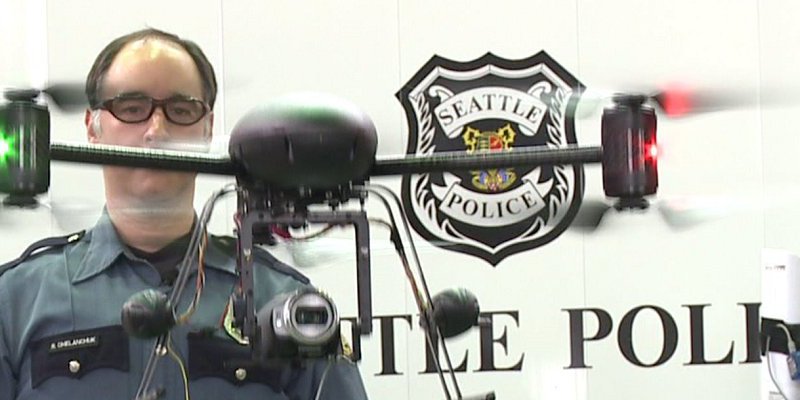
Seattle police gift two drones to Los Angeles Police Department
More than a year after the mayor ordered Seattle police to box up their two drones, the department has finally handed them off to their counterparts in Los Angeles.
-
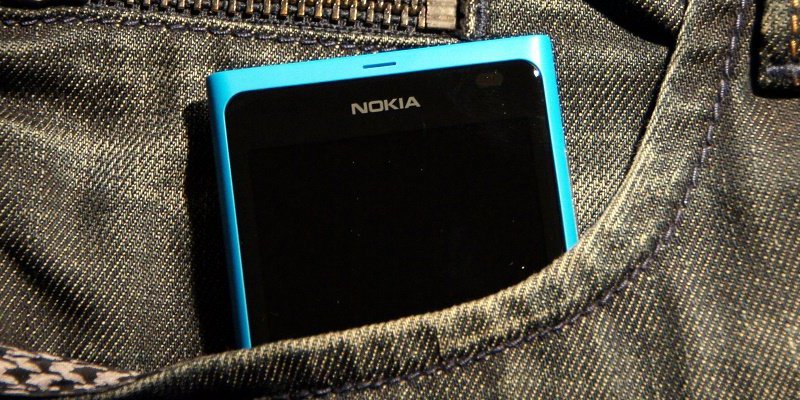
The Spy in Your Pocket
Cell phone surveillance technology has outpaced policy and public awareness. With your help, our newest surveillance transparency project will uncover precisely how law enforcement across the country use cell phones to locate and track individuals.